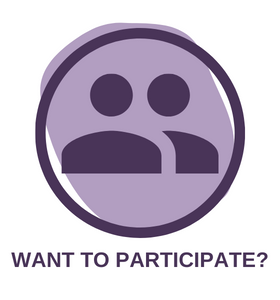-
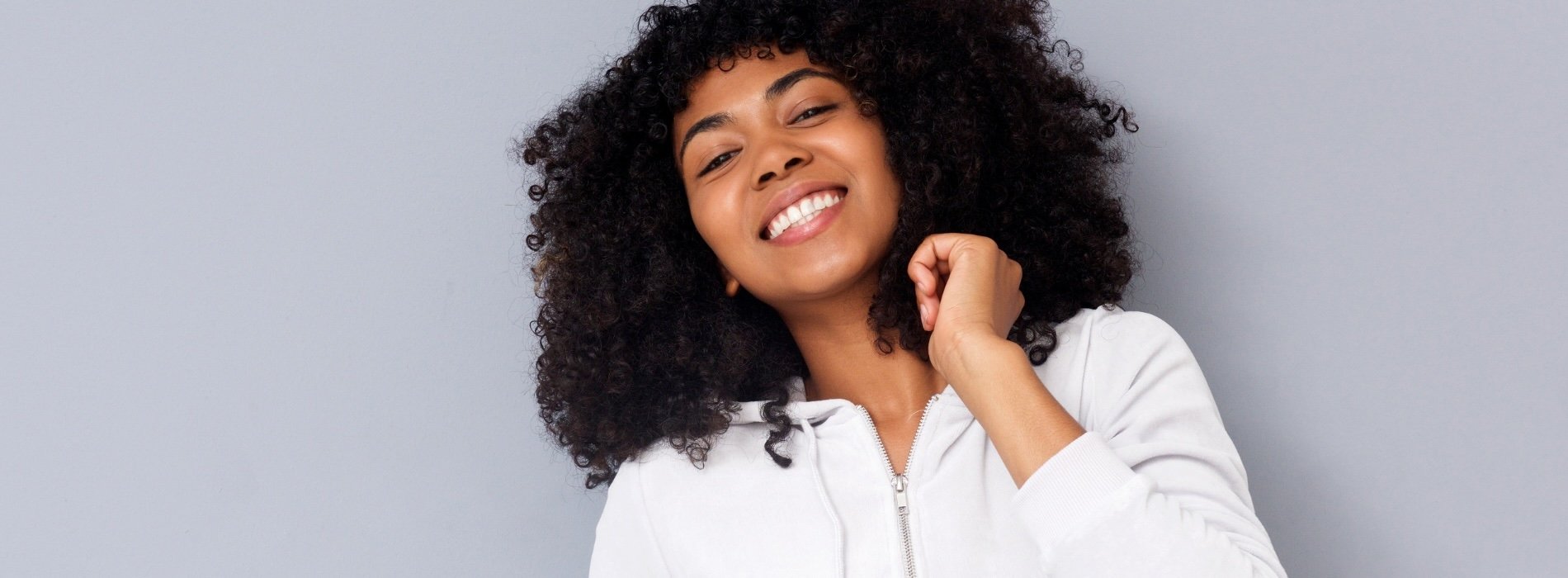

Research Team and Thought Partners

-


Research Team and Thought Partners

-
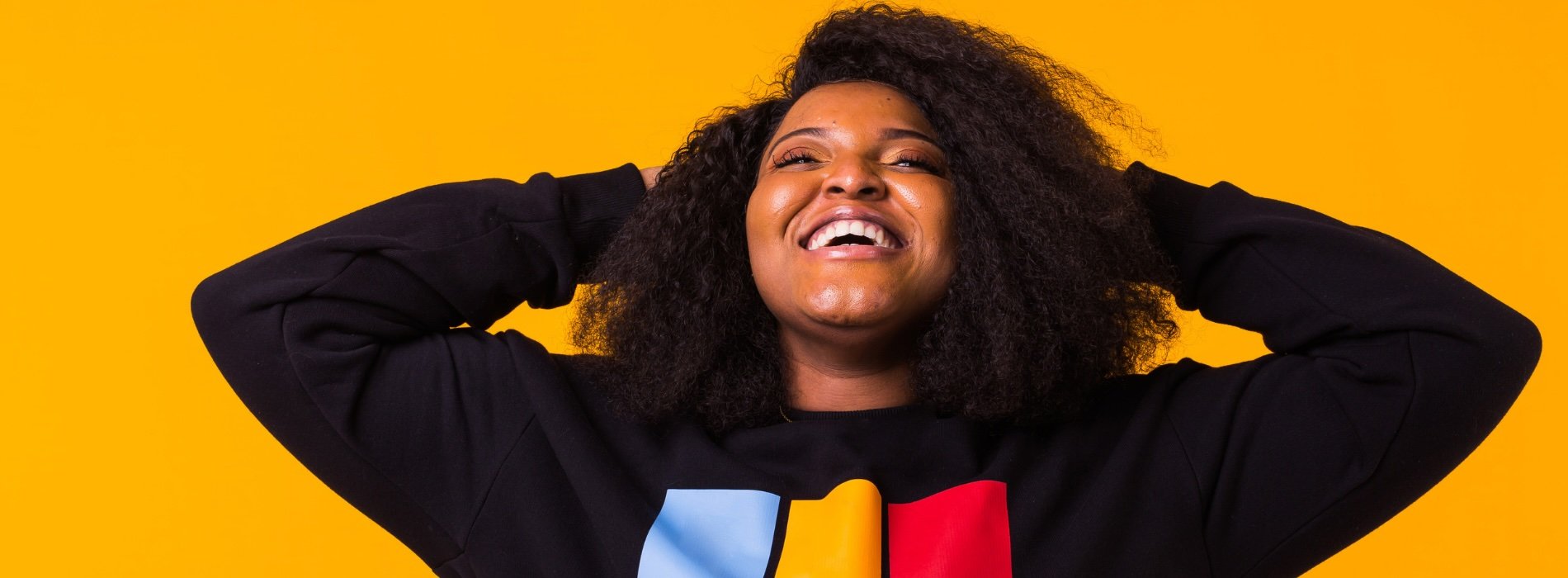

Research Team and Thought Partners

-


Research Team and Thought Partners

-
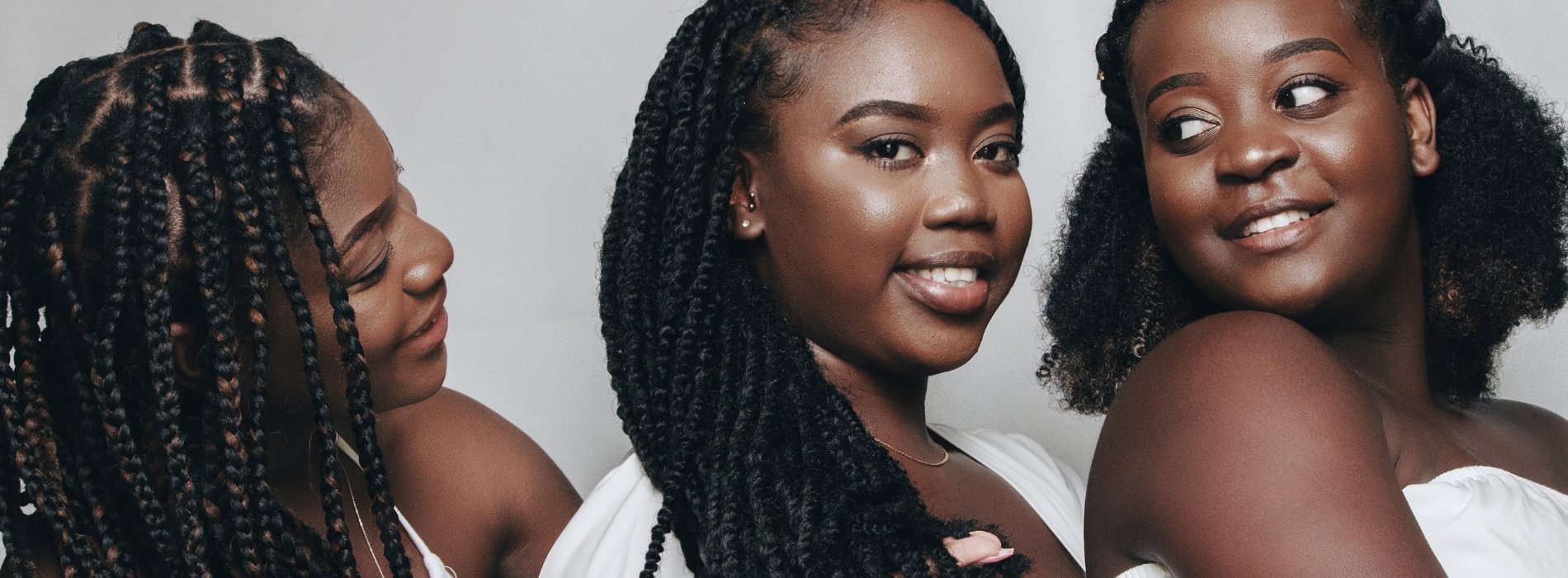

Research Team and Thought Partners

RESEARCH TEAM AND THOUGHT PARTNERS
Research Team
Research Team
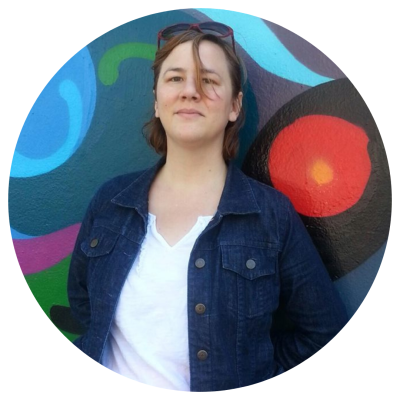
Sarah Mountz, PhD
Associate Professor
School of Social Welfare | University at Albany-SUNY
[email protected]
Dr. Sarah Mountz’ research focuses on the experiences of LGBTQ youth in child welfare and juvenile justice systems, and among homeless youth populations. Her most recent research project, From Our Perspectives, used a community based participatory research (CBPR) framework to look at the experiences of LGBTQ former foster youth in Los Angeles County through qualitative interviewing and photovoice methods. Participants’ photos were featured in a traveling art installation that participants helped curate, as well as on an interactive website, and in a mini-documentary series. Mountz' previous research used life history interviewing to explore the experiences of queer, transgender and gender expansive young people in girls’ juvenile justice facilities in New York State with attention to how the intersection of gender identity and sexual orientation, age, race and ethnicity informed their trajectories into and out of the juvenile justice system. She is particularly interested in LGBTQ and other youth activism and organizing.
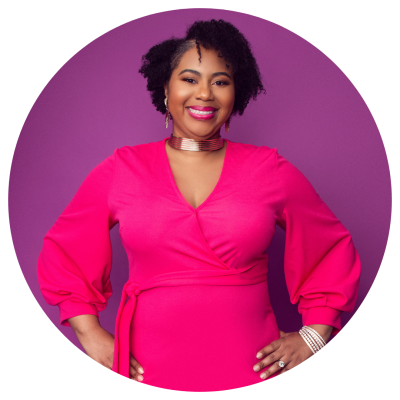
LeConté Dill, DrPH
Associate Professor
Department of African American and African Studies | Michigan State University
[email protected]
Dr. LeConté Dill (she/her/hers) is a scholar, educator, and poet born and raised in South Central Los Angeles. She earned her BA in Sociology from Spelman College, where she was also a Creative Writing minor, her Master of Public Health degree in Community Health Sciences with a specialization in Child and Family Health from UCLA, her Doctor of Public Health degree from UC Berkeley, and she was a Post-Doctoral Fellow in Health Policy in the Satcher Health Leadership Institute at Morehouse School of Medicine. Dr. Dill's scholarship is critically informed by years of working in partnership with youth and community organizers, health educators, and policy advocates at community-based organizations and public health departments on issues related to chronic disease prevention, violence intervention, and juvenile justice. For nearly a decade, served on the faculty at several schools and programs of public health across the U.S. Currently, Dr. Dill is an Associate Professor of African American and African Studies at Michigan State University and a Research Associate at the African Centre for Migration & Society at Wits University in Johannesburg, South Africa. Guided by Black Feminist epistemologies and using qualitative and arts-based research methods, Dr. Dill has a commitment toward transdisciplinary, community-accountable scholarship. Her work focuses on the safety, resilience, and wellness strategies of urban Black girls and other youth of color. Dr. Dill’s scholarly and creative works have been published in a diverse array of spaces, such as the Du Bois Review, American Journal of Public Health, Journal of Adolescent Research, Journal of Poetry Therapy, Poetry Magazine, and The Feminist Wire.

Megan Willows, MA
Research Fellow
New York State Youth Justice Institute
[email protected]
Megan Mae Willows (she/her/hers) is a PhD Candidate in the School of Criminal Justice at the University at Albany, SUNY. She received her MA in Criminal Justice at UAlbany in 2017 and holds a BA in International Relations from the University of Edinburgh. Before coming to the YJI, she taught upper-level undergraduate courses for criminal justice majors including Gender & Crime and Cross-National Crime. Megan's research interests center on the role of gender in crime, victimization, and criminal justice encounters with an emphasis on intersectional risks for violence. She utilizes both quantitative and qualitative research methods and her recent works have explored the relationship between gender nonconformity and victimization and in understanding local service providers' efforts to address gender-based violence against new immigrants.
Vision Statement
Vision Statement
Within this collaborative project, we intend to center BIPOC girls, femmes, and TGNCNB youth’s visions of what has and can nourish their personal and collective sense of belonging, dignity, safety and well-being. Where have they, do they, or would they like to experience connection. We intend to also center BIPOC girls’ perspectives on the ways in which systems may contribute to a “tapestry of harm” (Dr. Monique Morris) towards them and towards their families and caregivers. What harms are perpetrated by systems towards BIPOC girls and/or their caregivers? What harms are experienced within families and communities by society, and how do systems push out and isolate young people who have experienced these harms rather than heal and engage them? We remain curious in our exploration of what systems can be shaped or molded to promote healing and to strengthen families and communities as sites of healing and belonging, and what systems need to be dismantled because they are intrinsically and irreparably violent and harmful. We intend to solicit BIPOC girls' perspectives on how and where they feel affirmed, stigmatized, excluded, shamed, infantilized and/or adultified, but also celebrated, supported, empowered and/or engaged, at the intersection of their social identities within larger systems of racism, sexism, misogynoir, homophobia, cissexism, transphobia and adultism.
Sarah approaches this work from a place of cultural humility and solidarity as a queer white woman with significant racial, economic, and cis privilege, and privilege as an institutionally based researcher. She also brings significant experience as an activist, social worker and social work researcher with systems impacted marginalized youth, particularly those with queer and trans identities. She aspires to be mindful and accountable to the relational context between us and the ways it shaped by our identities, experiences, history, institutional contexts, etc., and how it may show up and inform our work. She wants to take responsibility for and manage labor related to my own underexplored areas that may emerge, and also hopes LeConte will feel safe in knowing she will respond with humility and care if she should ever feel she needs to point them out to her. Sarah would like to be thoughtful in navigating how her own and our own identities may be perceived and received by the young people we engage with and with each other. She’d like for the space(s) we cultivate with each other to do this work to be as safe (as opposed to comfortable) and authentic as possible, and a place where we can process and synthesize the ways we emotionally, spiritually, intellectually and otherwise impact and are impacted by the work, as well as the ways we take care of ourselves and each other. She believes that personal transformation is intrinsic to societal transformation, and would love it if this work could be healing for us in addition to being healing for communities.
LeConte approaches this work as a Black Feminist, a community-accountable scholar (Dr. Alexis Pauline Gumbs), and a double dutch methodologist (Dr. Keisha Green). These identities, positionalities, frames, and intentions are meant to center that communities that she comes from, loves, and are answerable to. LeConte also brings significant experience as a youth worker, public health practitioner, and transdisciplinary researcher working with Black and Latinx youth exiting juvenile detention centers, recruited into violence prevention programs, residing in public housing, and/or participating in afterschool youth development programs. For LeConte, the communities that she amplifies and the young people that she centers are inside, outside, betwixt, and between the non-profit- and academic-industrial complexes. She looks forward to collaborating with Sarah, a like-minded/hearted scholar-activist, in this work. She hopes that we assume best intent from one another and trust in each other as we work to seek clarity and strengthen our communication. She hopes that we will regularly ask ourselves who are we conducting this research for, how are we conducting this research, and why are we conducting this research.
Our hope is that our participatory action research can be enriching for participants/co-researchers in addition to creating data and knowledge that can inform stakeholders in the pursuit of equity and justice. We hope that our research insights may create a sustainable mechanism for BIPOC girls to be at the table when decisions that impact them are made in New York State, and/or that they feel affirmed in shaking or leaving the ‘table’ (Nina Simone) when it is no longer a safe/brave/just space for them.



